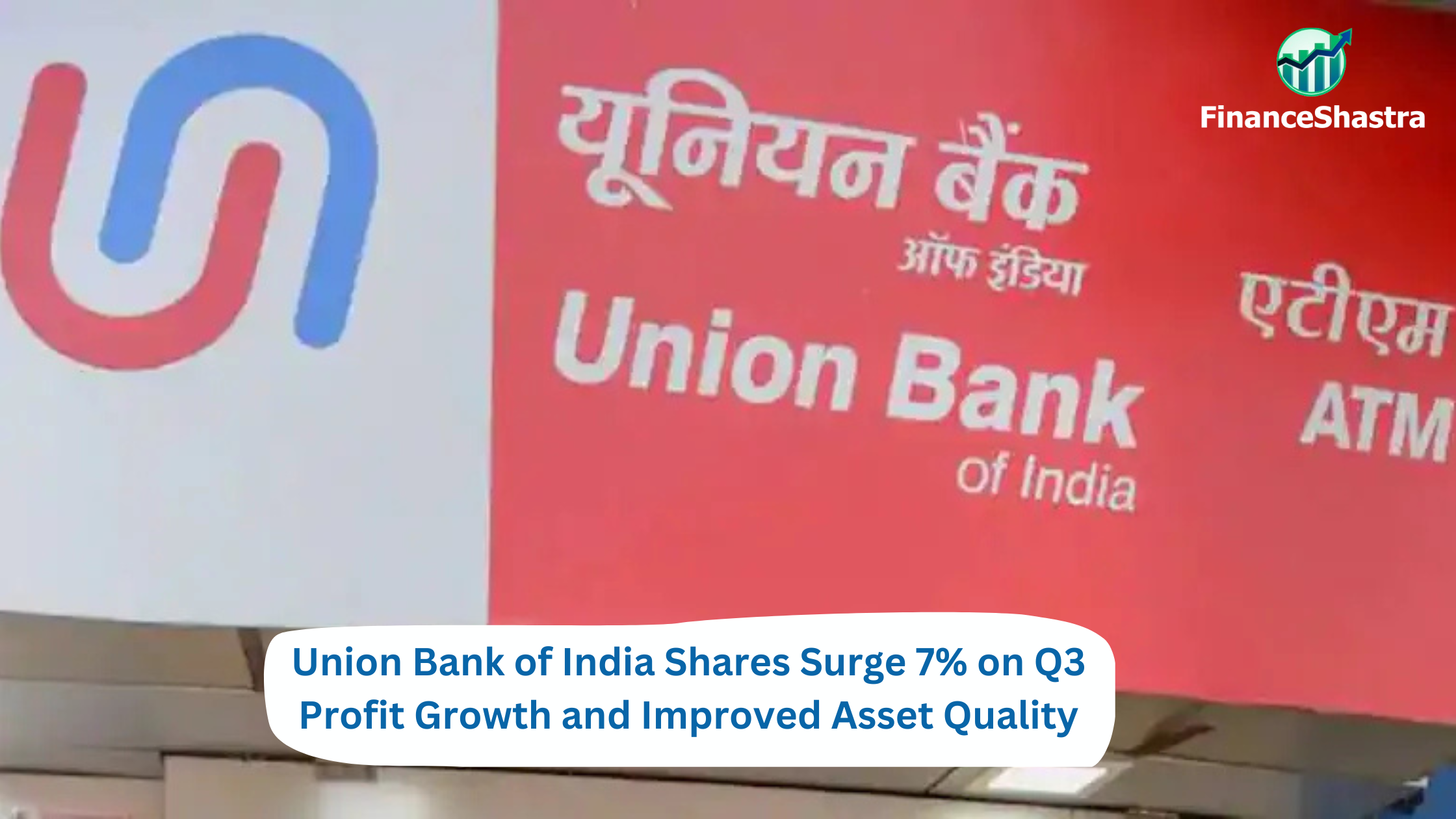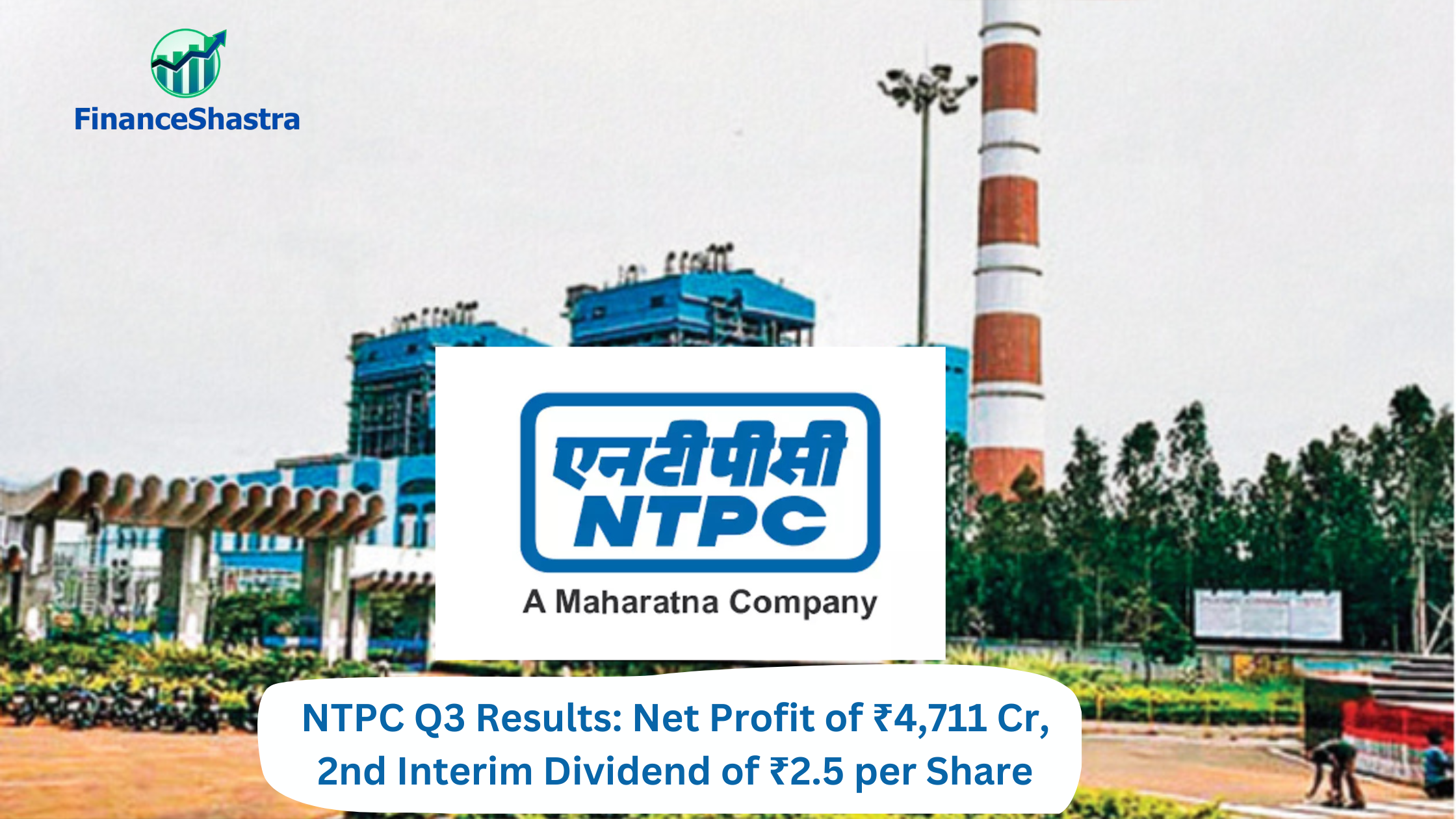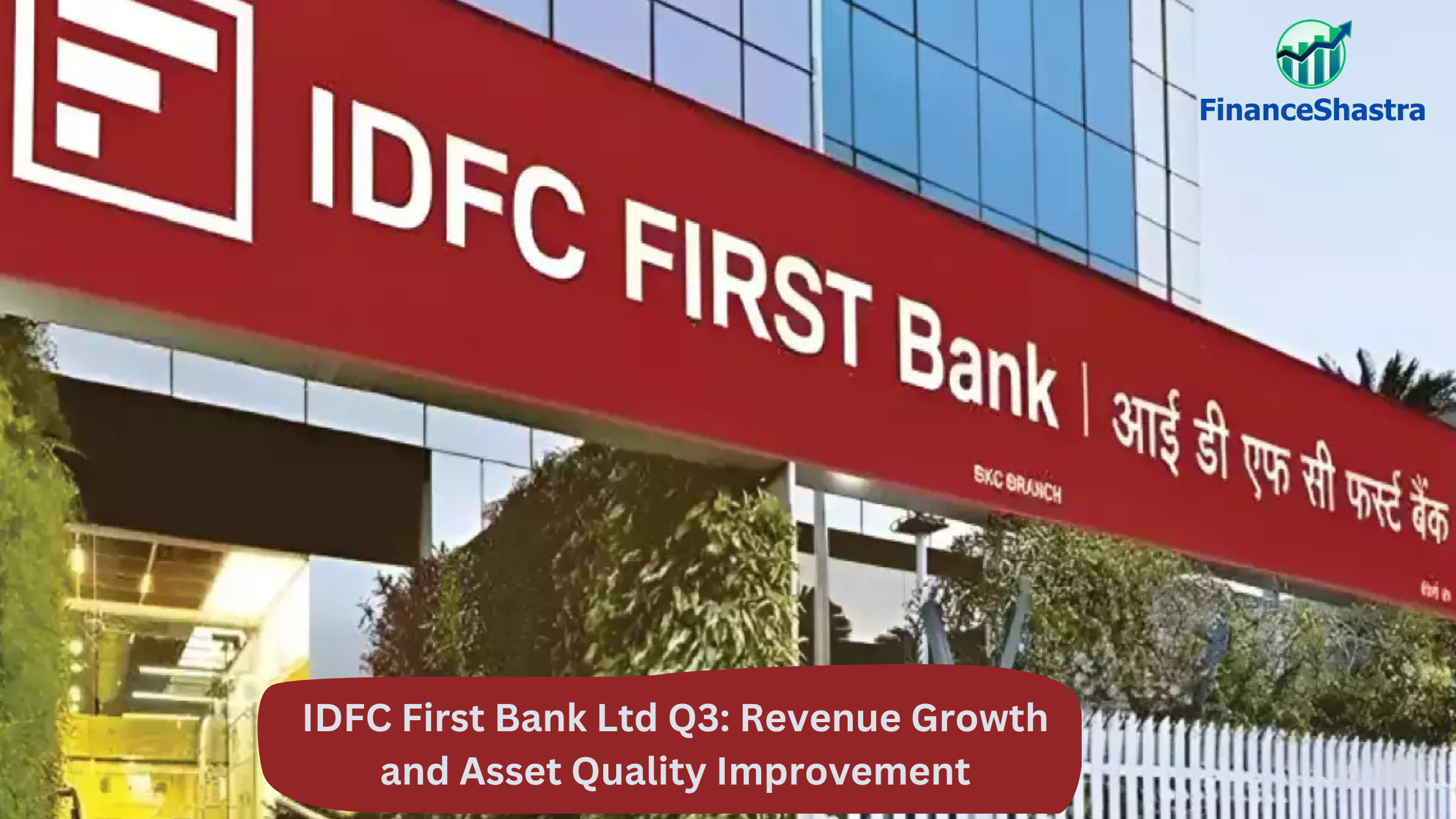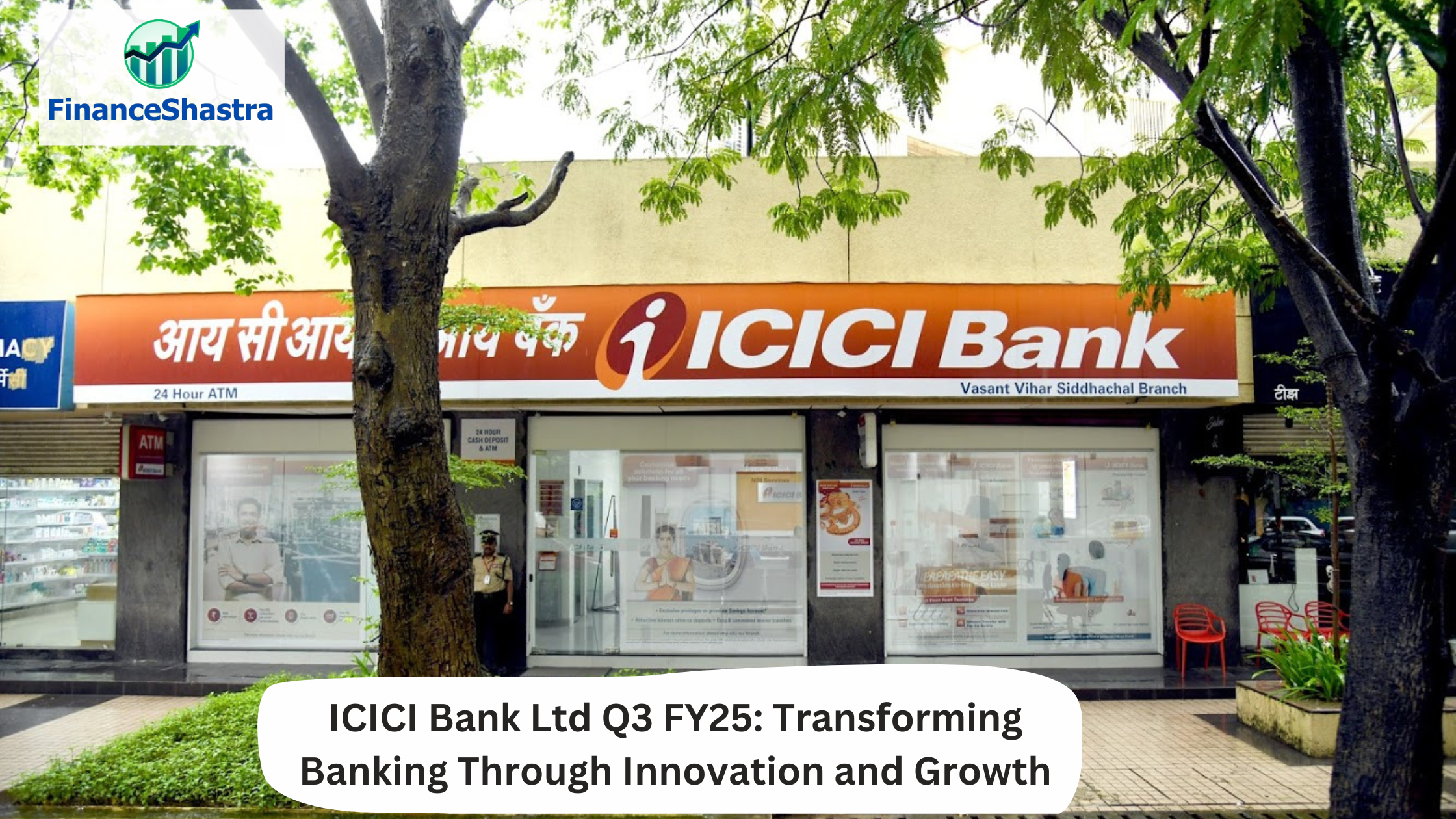Cipla Ltd Q3 FY25: Net Profit Soars 49% to ₹1,571 Cr, Strong Growth Across Segments
Cipla Ltd: Overview
Cipla Ltd. is a leading global pharmaceutical company headquartered in India, known for its wide-ranging portfolio of affordable and high-quality medicines. The company operates across several therapeutic areas, including respiratory, cardiovascular, oncology, anti-infectives, and dermatology, with a strong focus on both branded prescription drugs and generic medicines. Cipla’s products cater to diverse markets, from emerging economies to developed nations, ensuring broad accessibility to essential healthcare solutions. The company is also actively expanding its presence in the consumer health sector, offering over-the-counter products and wellness solutions.
The global increase in life expectancy, along with better healthcare access, is driving demand for pharmaceutical products, particularly those addressing chronic conditions and lifestyle diseases. Cipla has a robust global footprint, with subsidiaries in over 40 countries, including the United States, South Africa, and Uganda, among others. In addition to its manufacturing facilities in India, Cipla has invested in cutting-edge research and development to address critical health challenges, particularly in the areas of HIV/AIDS and malaria. Emerging markets represent a significant growth opportunity due to growing healthcare needs. India, Africa, and Latin America are seeing increased demand for affordable medicines, and Cipla has a strong presence in these regions. Operating in the highly competitive pharmaceutical industry, Cipla remains committed to providing sustainable healthcare solutions through innovation, affordability, and access to life-saving treatments.
Latest Stock News
In the U.S. Albuterol Generic market, Cipla’s Albuterol ranked #1, with its market share increasing to 21% during the quarter. However, Lanreotide supply issues impacted overall sales. As of December 2024, the company reported a total debt of ₹466 crores and a cash balance of ₹9413 crores. In the branded prescription segment, Cipla maintained its #2 market rank in the overall Chronic category, with an improved chronic mix of 61.5%. Key therapies like Respiratory, Urology, and Acute have been outpacing the market, with Urology achieving a 16% YoY market growth and maintaining its #2 rank. In Trade Generics, Cipla’s business is back on a growth trajectory, with two brands generating over INR 100 crore in TTM revenue and five brands generating INR 50 crore to INR 100 crore.
Additionally, 18 new products were launched in 9M FY25. The Consumer Health segment also saw robust growth, with anchor and transitioned brands continuing to perform well. The company sustained a positive EBITDA trajectory, and key products such as Nicotex, Omnigel, and Cipladine ranked #1 in their respective markets. Furthermore, five new brands joined the market with revenue over INR 100 crore YoY. Cipla also received various generic drug approvals, including Phytonadione injectable 1mg/0.5ml, Esomeprazole granules 2.5mg/5mg, and Potassium Phosphates Injection USP. Additionally, Cipla’s Goa facility has been classified as ‘VAI’ (Voluntary Action Indicated) by the USFDA.
Business Segments
- Branded Prescription: This is the primary segment of Cipla, consisting of prescription medicines that are sold under the Cipla brand to healthcare providers and patients. It covers a wide range of therapeutic areas, such as respiratory, cardiovascular, oncology, dermatology, and anti-infectives. The company’s branded products are well-established in several markets, including India, South Africa, and other emerging markets. They include both innovative drugs and generic formulations that provide affordable treatments.
- Trade Generics: This segment includes Cipla’s generic pharmaceutical products that are sold under non-branded names or as generic versions of branded medicines. Trade generics offer a more cost-effective option compared to branded prescription drugs. Cipla’s trade generics are available in several global markets, including India, where generics play a significant role due to high demand for affordable medicines.
- Consumer Health: Cipla’s Consumer Health segment is focused on non-prescription products, including over-the-counter (OTC) medicines and wellness products. These typically include treatments for common health issues like cough and cold, pain relief, digestive health, and dermatological needs. The company offers a wide range of vitamins, minerals, and supplements (VMS) in this category, targeting the growing wellness trend. It also includes products designed for specific consumer needs, like personal care products.
Subsidiary Information
- Cipla Health Ltd: This subsidiary handles Cipla’s consumer health business, including over-the-counter (OTC) medicines and wellness products. Cipla Health focuses on non-prescription products like dietary supplements, personal care items, and vitamins, aiming to cater to the growing demand for health-conscious consumers.
- Cipla USA Inc.: Cipla USA is responsible for the distribution and marketing of Cipla’s generic and branded pharmaceutical products in the U.S. market. It plays a critical role in bringing Cipla’s generics to the U.S. and includes products in areas such as respiratory care, oncology, and central nervous system treatments.
- Cipla Europe Ltd: Cipla Europe focuses on the development and commercialization of Cipla’s products in European markets. The subsidiary supports Cipla’s growth in the European generic pharmaceuticals sector and markets products across various therapeutic areas, including oncology, respiratory, and cardiology.
- Cipla South Africa Ltd (Cipla Medpro): Cipla South Africa is one of Cipla’s most significant subsidiaries in Africa. The company provides affordable healthcare solutions across various therapeutic segments, including HIV/AIDS, oncology, and respiratory care, while also focusing on improving access to medicines across the continent.
Q3 FY25 Earnings
- Revenue of ₹7073 crore in Q3 FY25 up by 7.01% YoY from ₹6604 crore in Q3 FY24.
- EBITDA of ₹1989 crore in this quarter at a margin of 28% compared to 26% in Q3 FY24.
- Profit of ₹1575 crore in this quarter compared to a ₹1068 crore profit in Q3 FY24.
Financial Summary
| Amount in ₹ Cr | Q3 FY24 | Q3 FY25 | FY23 | FY24 |
| Revenue | 6604 | 7073 | 22753 | 25774 |
| Expenses | 4856 | 5084 | 17726 | 19483 |
| EBITDA | 1748 | 1989 | 5027 | 6291 |
| OPM | 26% | 28% | 22% | 24% |
| Other Income | -10 | 222 | 293 | 552 |
| Net Profit | 1068 | 1575 | 2833 | 4154 |
| NPM | 16.2% | 22.3% | 12.5% | 16.1% |
| EPS | 13.08 | 19.5 | 34.7 | 51.1 |










